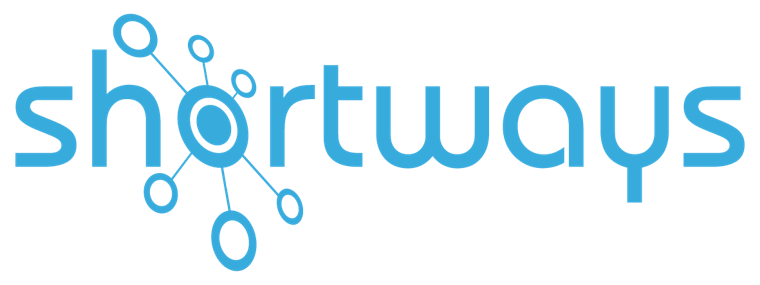Only 12% of French companies have deployed an ERP in the Cloud (SAP Hana, Oracle ERP Cloud)! However, 80% of companies which have deployed an ERP On Premise are confronted with problems such as high cost of maintenance, a lack of flexibility, complex modules and problems of appropriation by the users. Why is there an urgent need to invest in an ERP Cloud?
1. More flexible and updated technologies
New HR and Financial laws come into effect and you need 6 months (in the best case), to integrate them and take them into account in your On Premise ERP. With an ERP Cloud, changes and updatings are almost instantaneous and available for all companies: this is a way to respect laws and to have an information system updated. No need to hire new dozens of experts in architecture and database, just inform/train users of ERP changes. No more high cost related to your ERP maintenance.
2. An ERP that follow you everywhere
Today, employees are mobile and your ERP must follow them. Thanks to the Cloud, ERPs are available from any browser or mobile application. A business man should have access to its CRM module during business trips and make updatings of opportunities in real time. A considerable amount of time and efficiency is saved!
3. Customization is no longer fashionable, long live configuration
An ERP Cloud allows to configure and not to customize its information system: choice of modules, creation or fields modification: your ERP configuration is facilitated! The company can deploy or remove an ERP module according to its will and above all, do not impose something to the user. Moreover, an ERP Cloud opens to APIs, which allow him to interact more easily and automatically with other applications already deployed in your organization. It represents important savings when we know that an On Premise ERP become a financial bottomless pit.
4. A better data management for making decisions in real time!
As the On Premise one, the ERP Cloud allows to collect and to centralize company’s data. But the real value added is the possibility to execute personalized reporting, anywhere. Strategic decisions of the company will be based on different data, financial, commercial etc… Everything. in real time!
5. Interfaces more ergonomics for more satisfied users
ERP Cloud and applications in general, have evolved in terms of technologies and users experience. More flexible, an ERP Cloud should be adopted quickly by the users. Interfaces are thoughtful for a better ergonomics: a quicker ergonomics of the informatics tool for a better performance. The cloud economic model is like that: by giving more flexibility to its customers, software editors must accelerate their ROI of their application deployment. These benefits are linked to the ERP adoption that is made by the users.
Are you still unsure? A Hybrid ERP can meet the market expectations and your organization’s needs. It gives time to the DSI to evaluate and to master technical and organizational changes. The main point is to define an appropriate strategy.
Keep in mind that for your users, even if an ERP Cloud is more ergonomic, you have to train and to support them in these changes. The tool (ERP Cloud) doesn’t do procedures and business rules! It is only the support!


